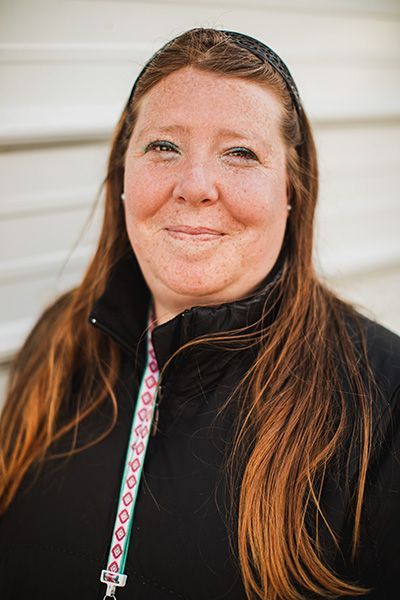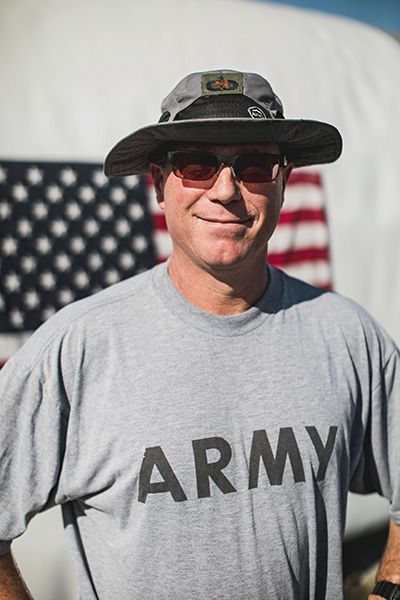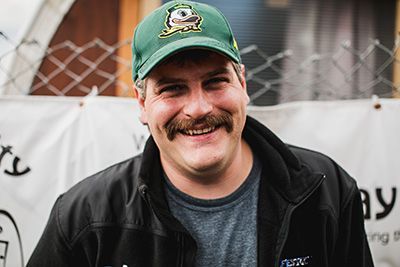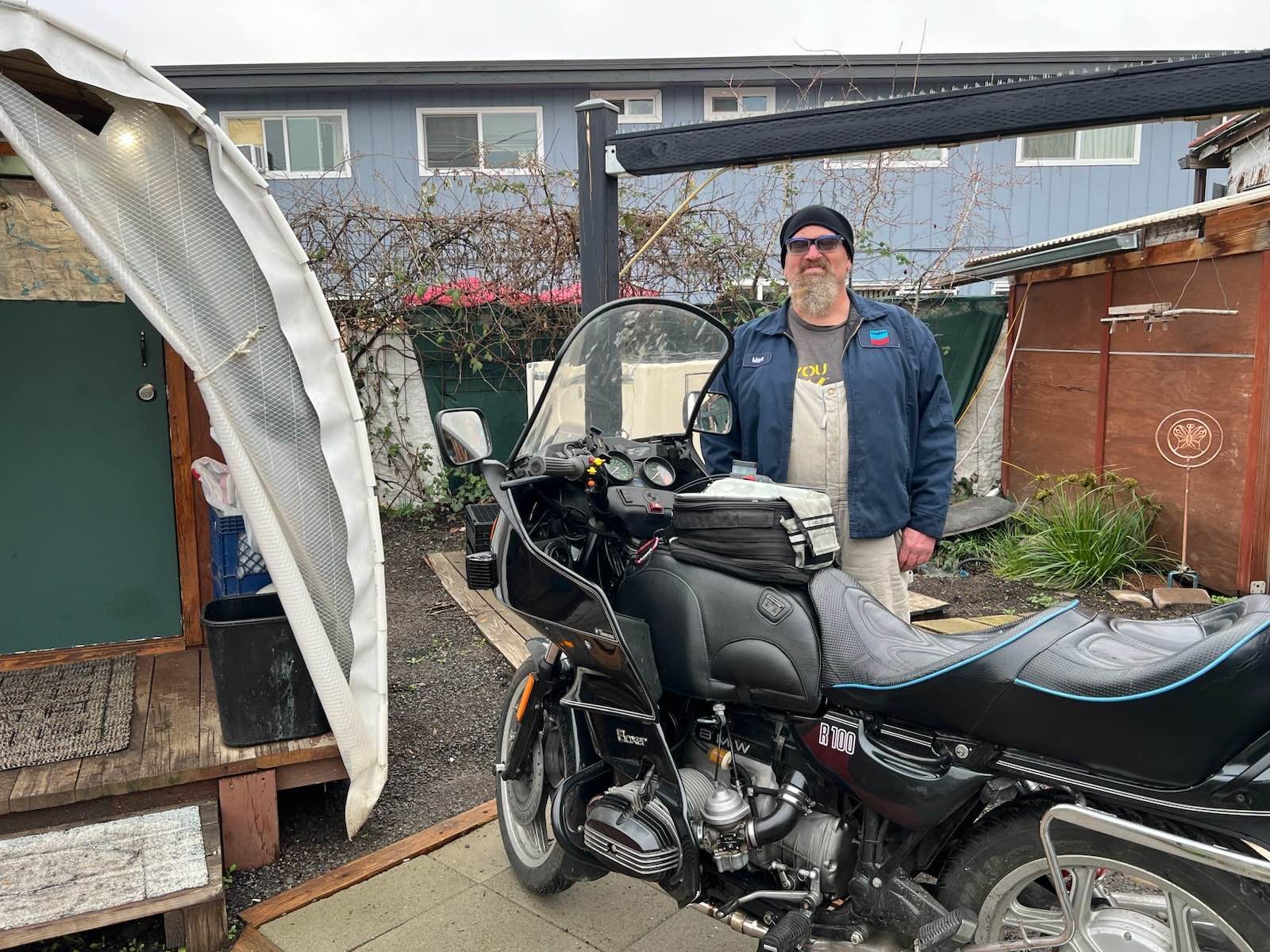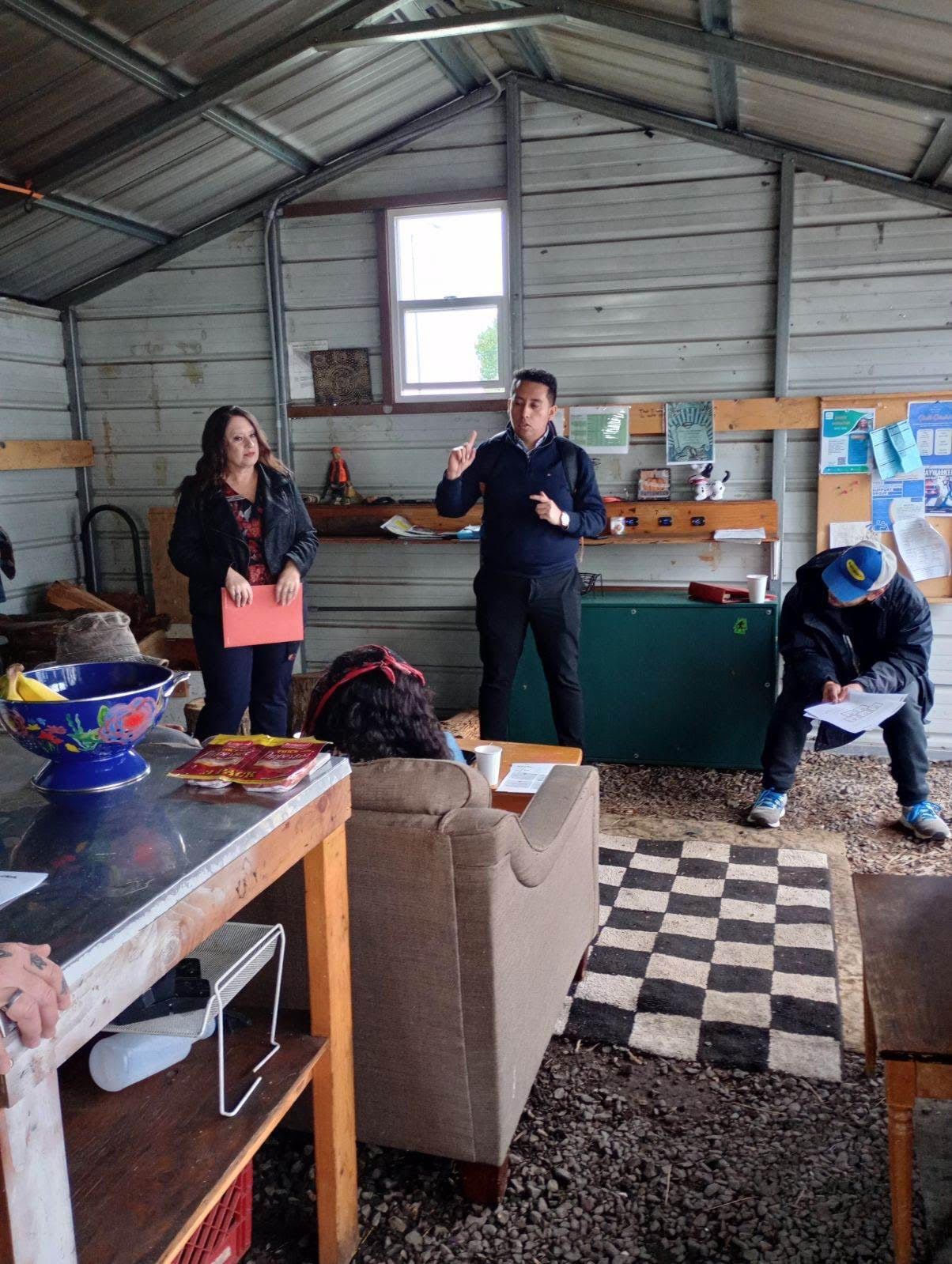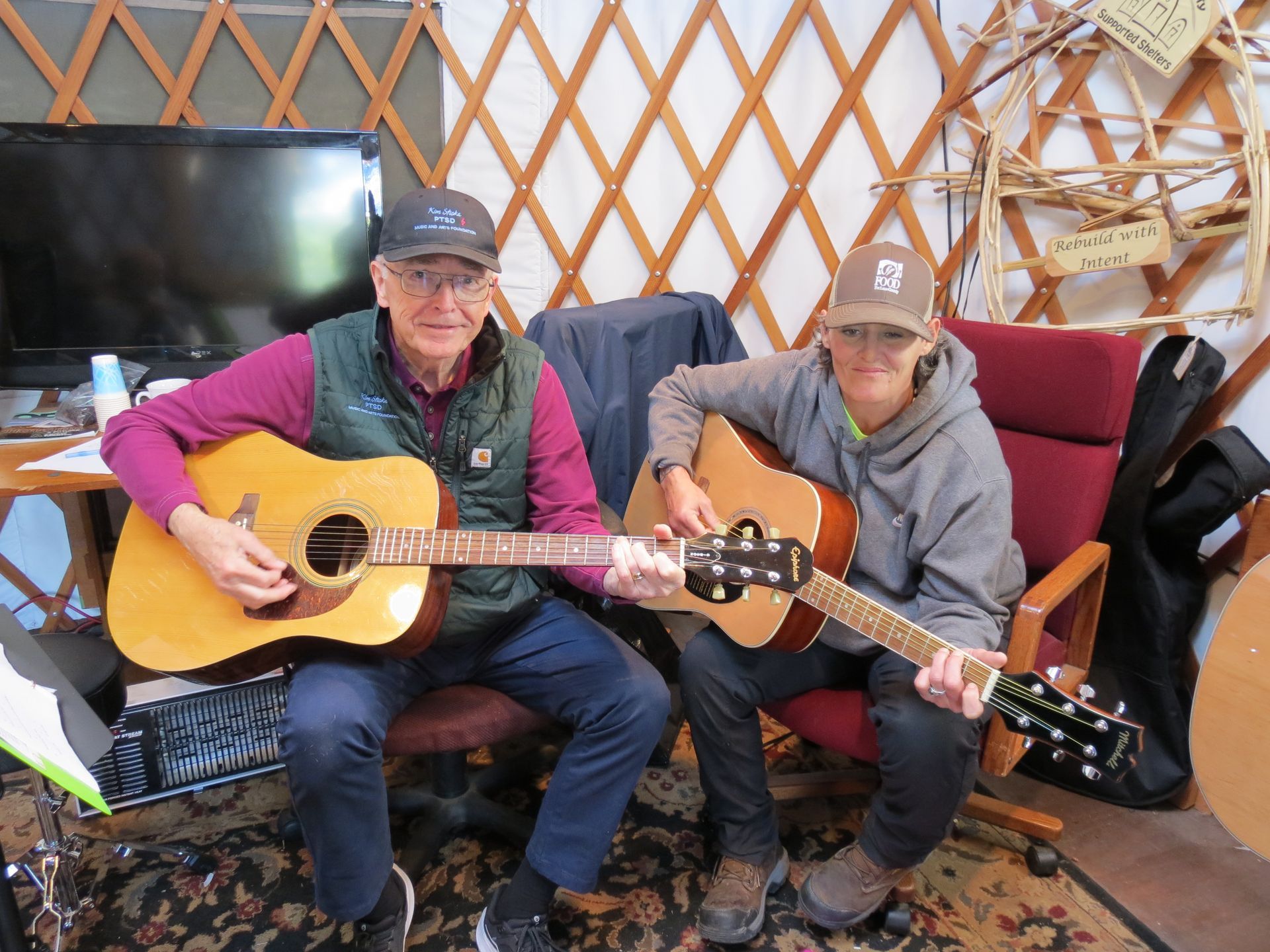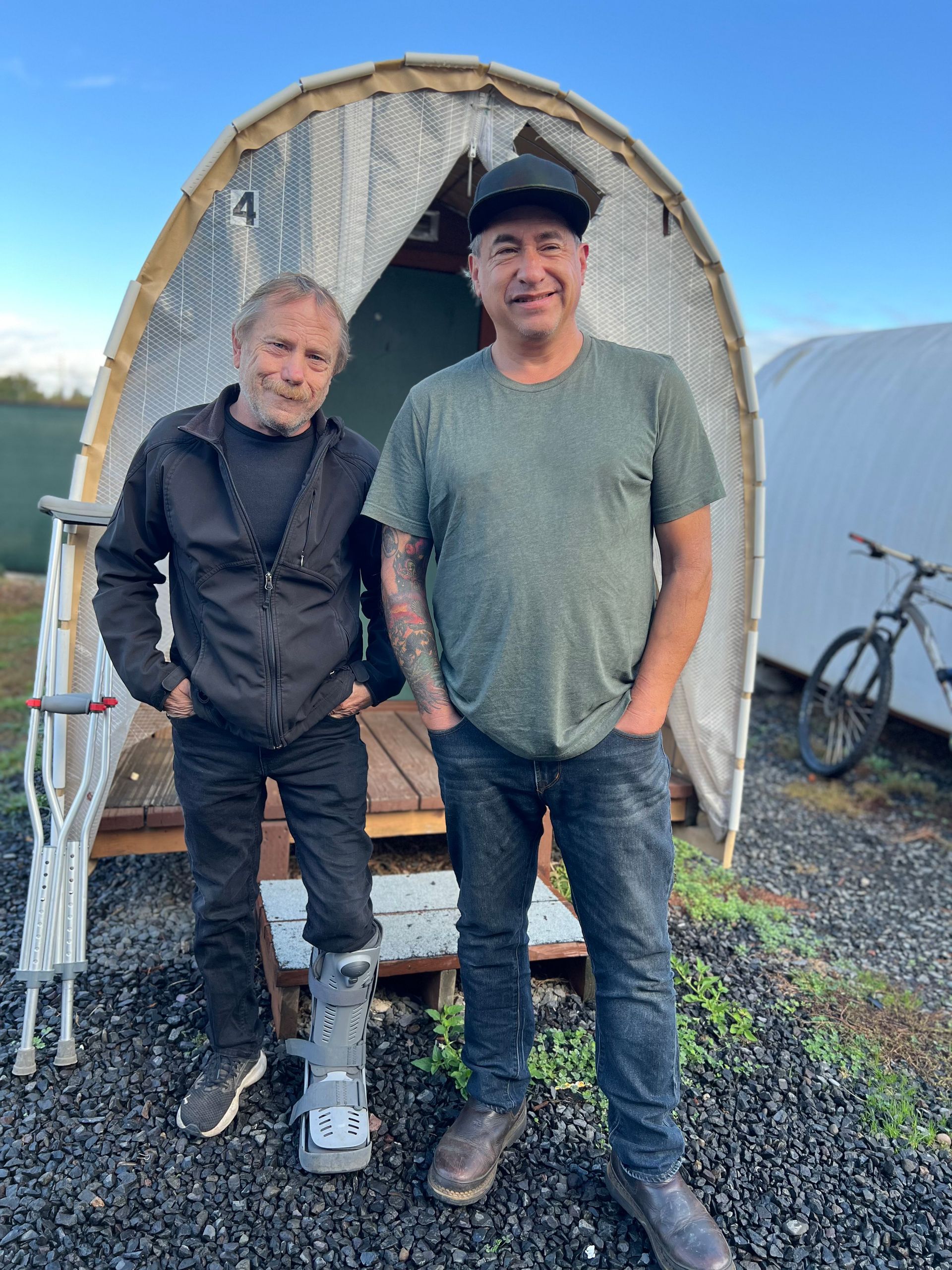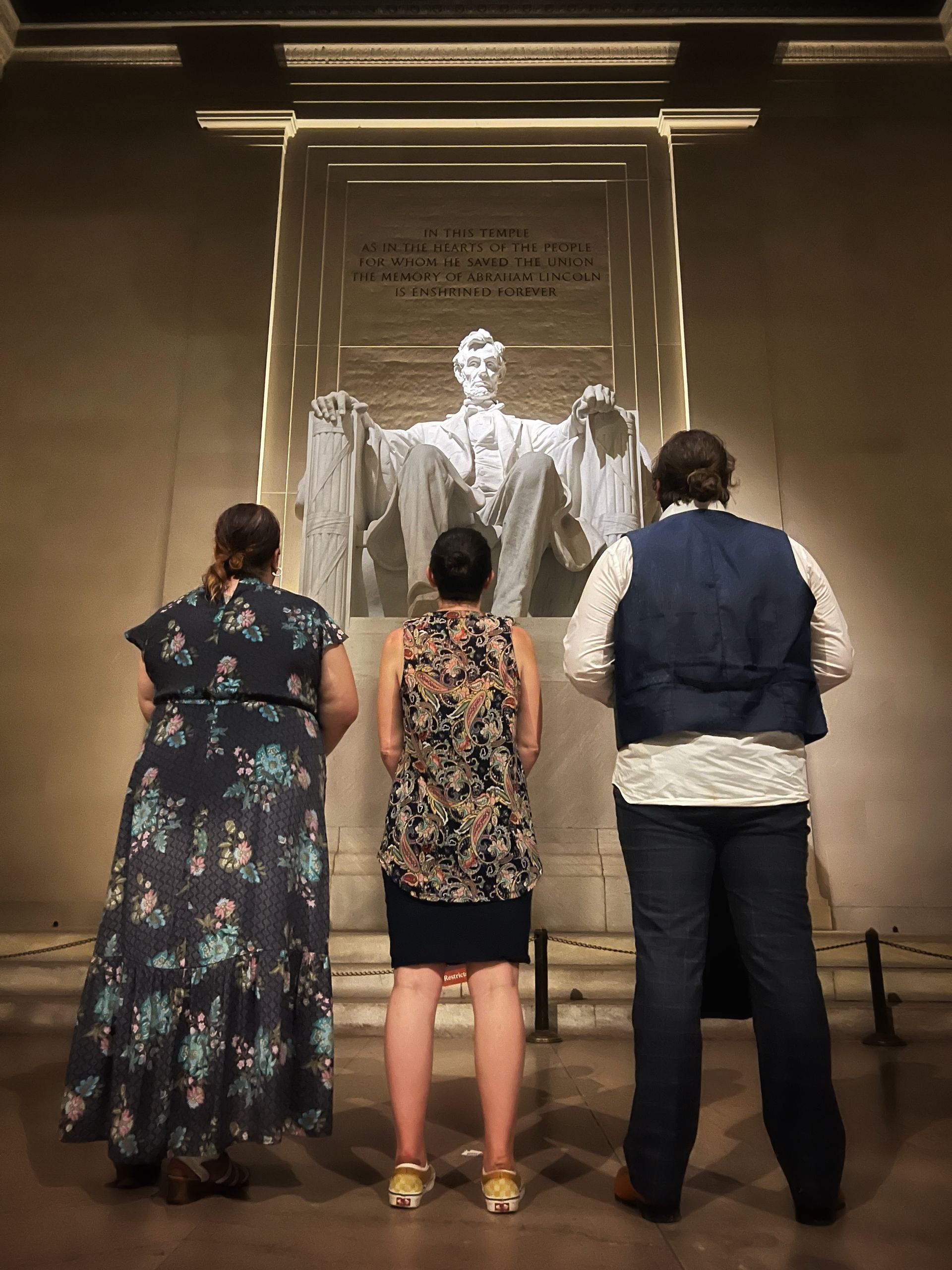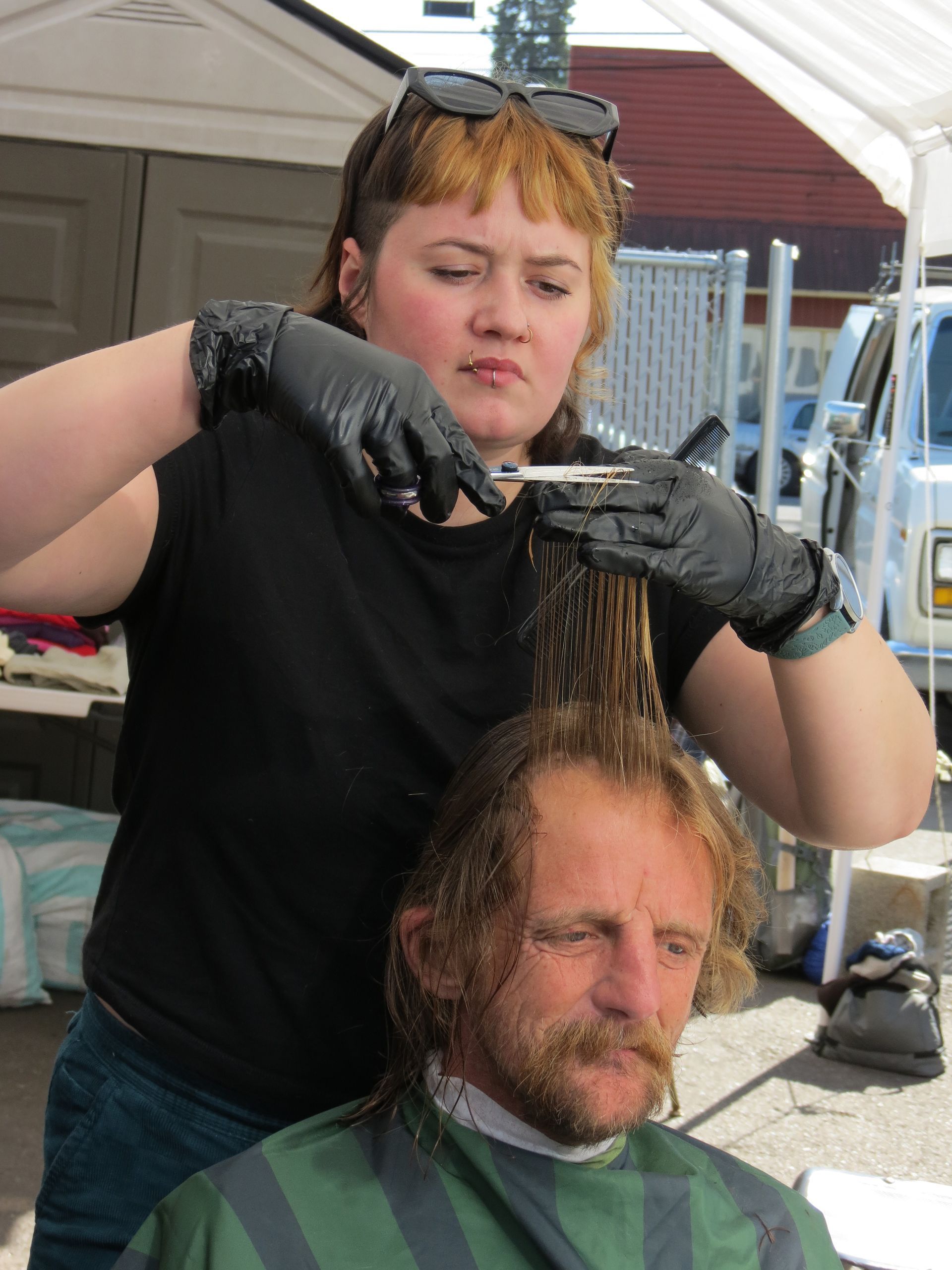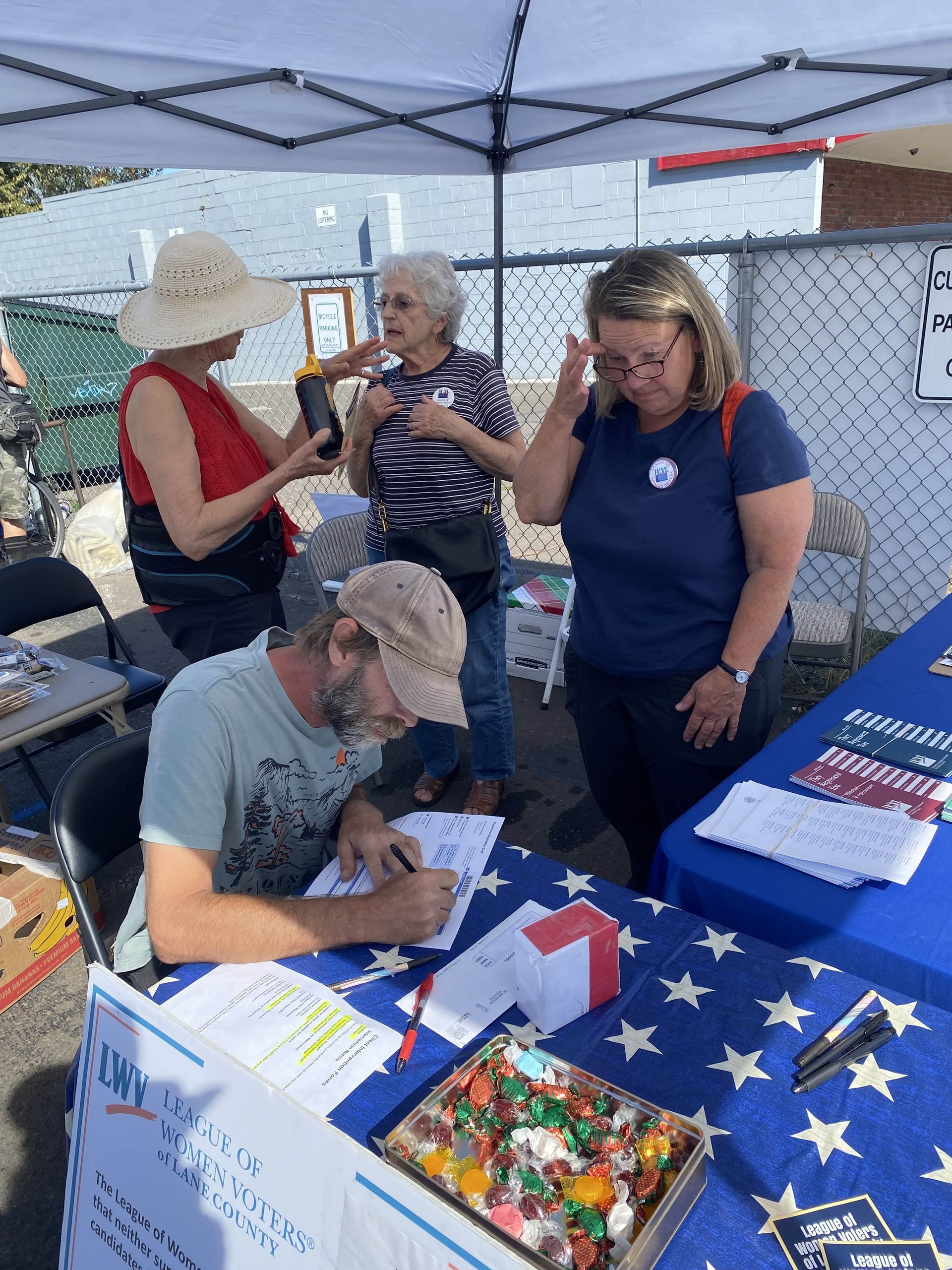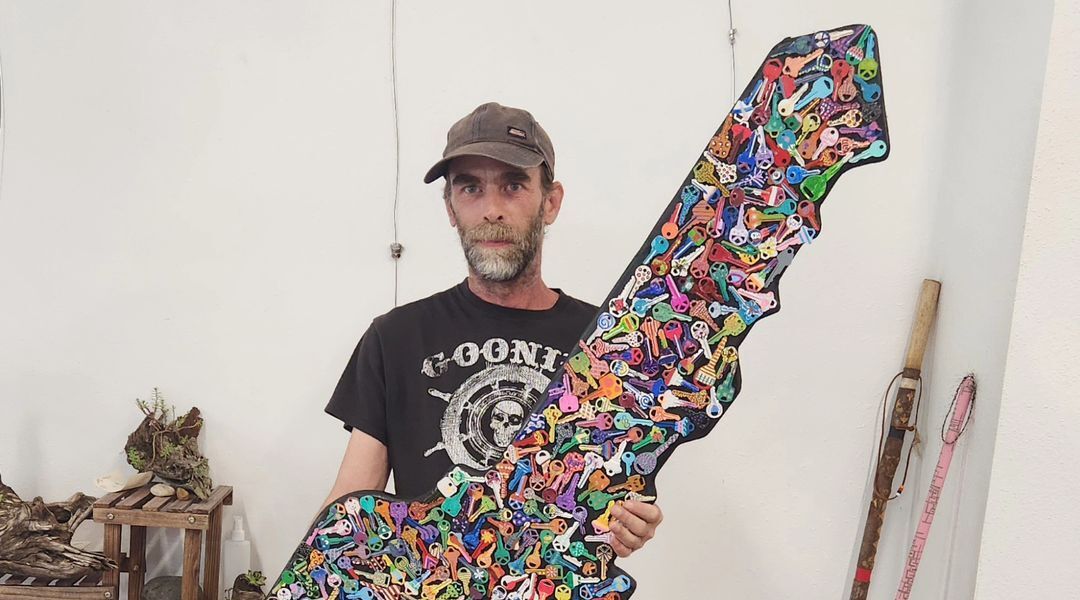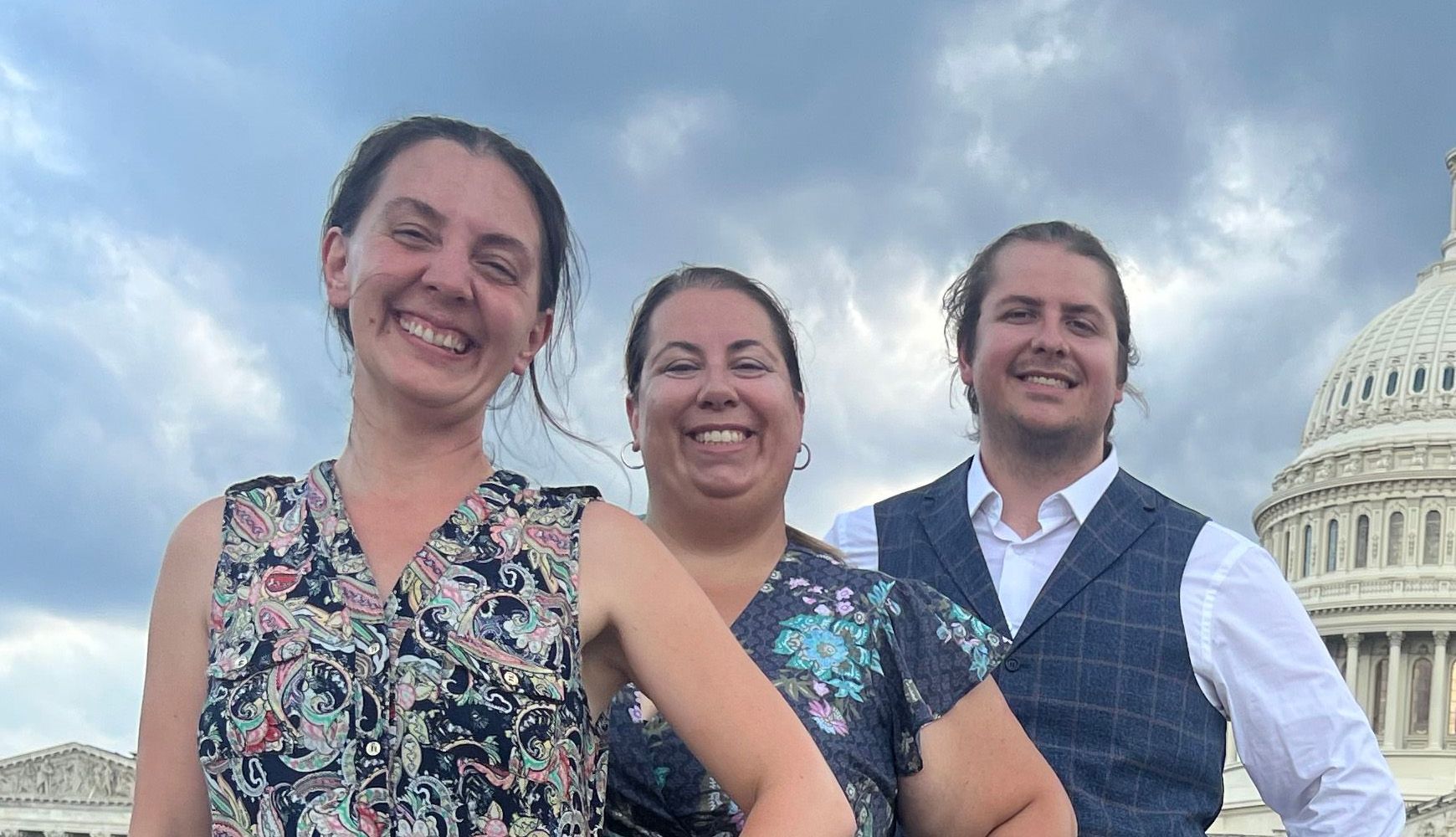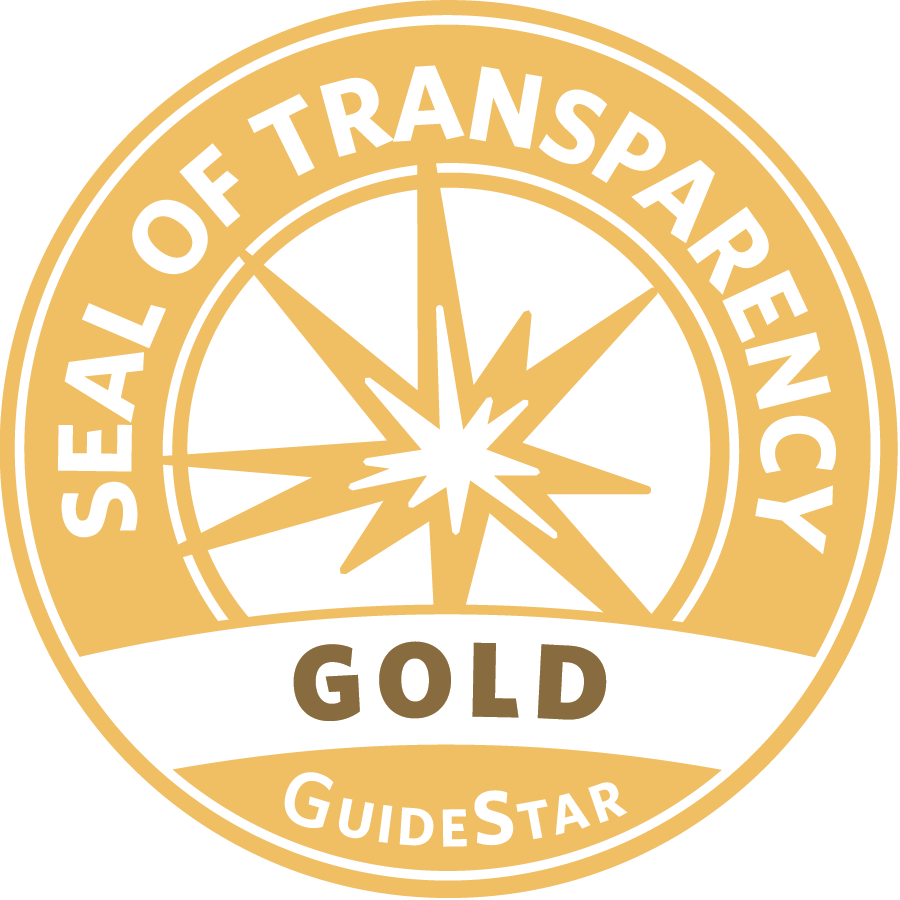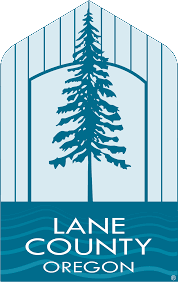August 7, 2019
Her Own Place
“It was really hard back then, trying to be on my own,” says Sarah C., 36.
She has experienced periods of homelessness since 2013 when her ex-husband kicked her out of their apartment and then a sister she lived with decided she should go to the Mission.
Sarah, who suffers from multiple cognitive disorders, says the hardest part has been never having a stable place to live.
Her most recent experience without a home lasted a few months after she again left her sister’s house. She stayed with friends or slept under the Washington-Jefferson Bridge and began checking in with Community Supported Shelters, hoping to get into a Safe Spot.
She was accepted into the Roosevelt Safe Spot in May 2018. “It was a big deal,” she says. “They were people who were very friendly and helpful. If it wasn’t for them, I don’t know if I would have been as motivated to get on my feet.”
With her rediscovered motivation, support from her peers in the camp, and guidance from her CSS action plan advisor, Sarah was able to get General Assistance funding through the Oregon Department of Human Services. With that income, she moved into a studio apartment in March through Cornerstone Community Housing. Soon after, she won a court case to receive Supplemental Security Income, including some back pay.


